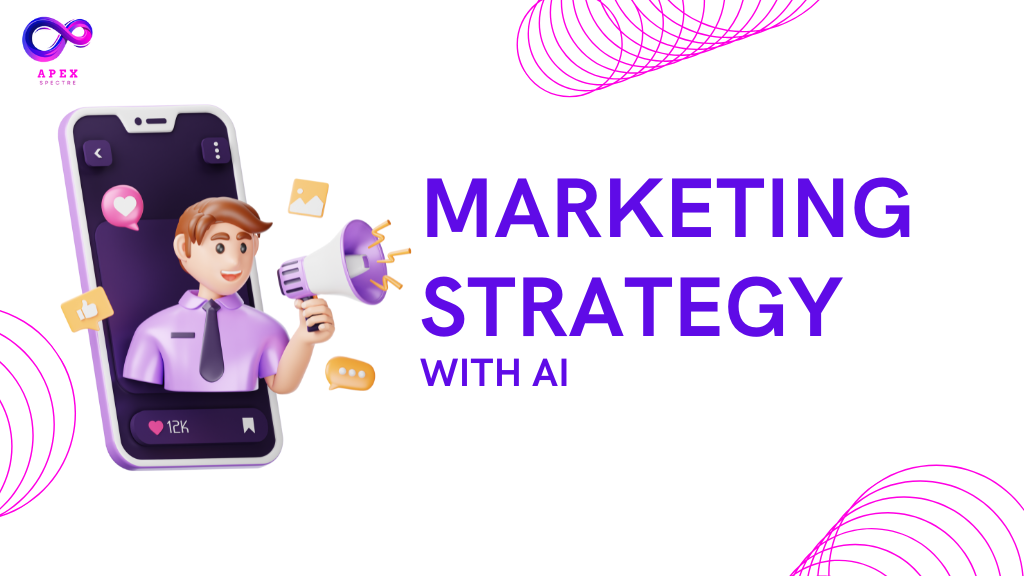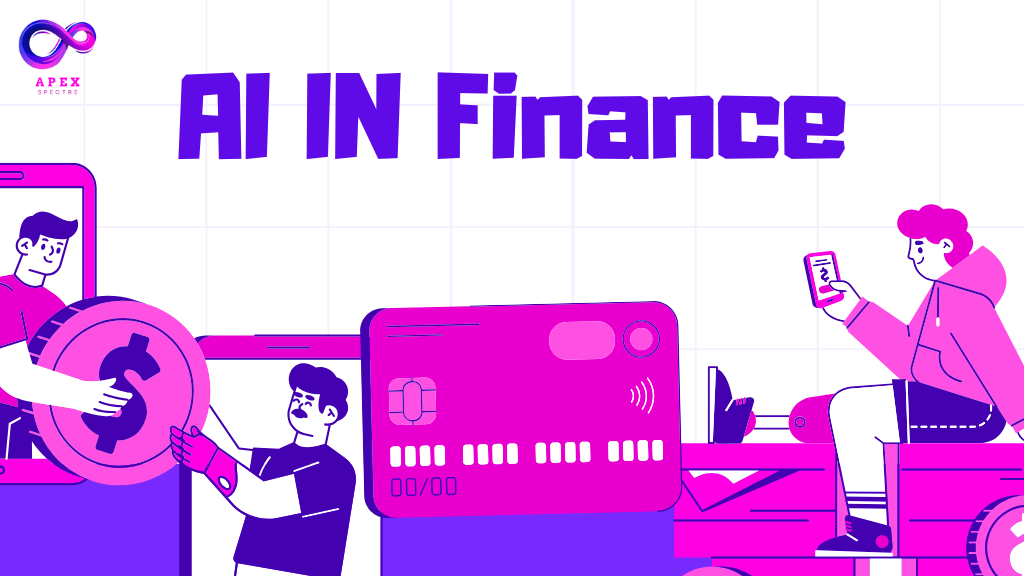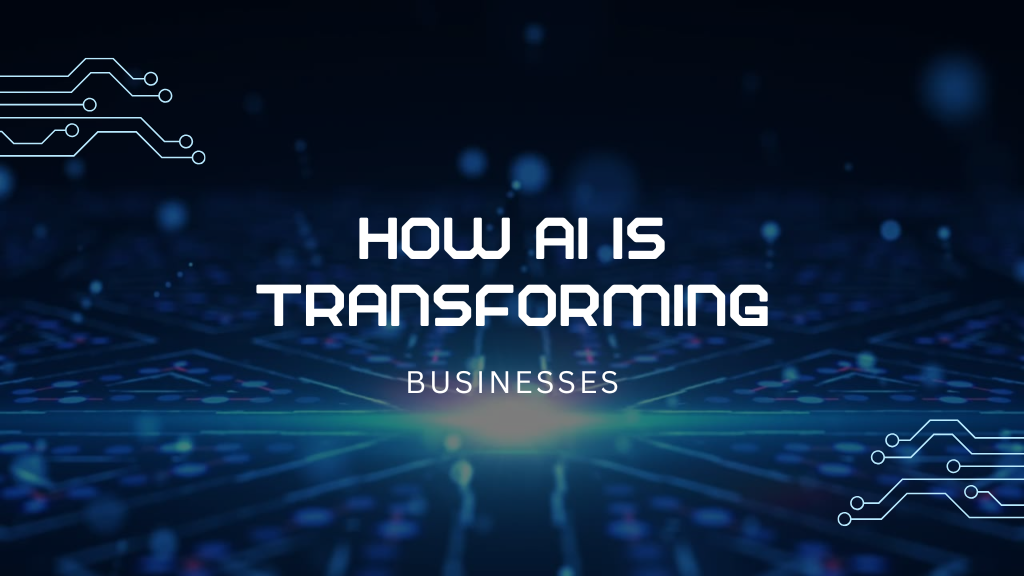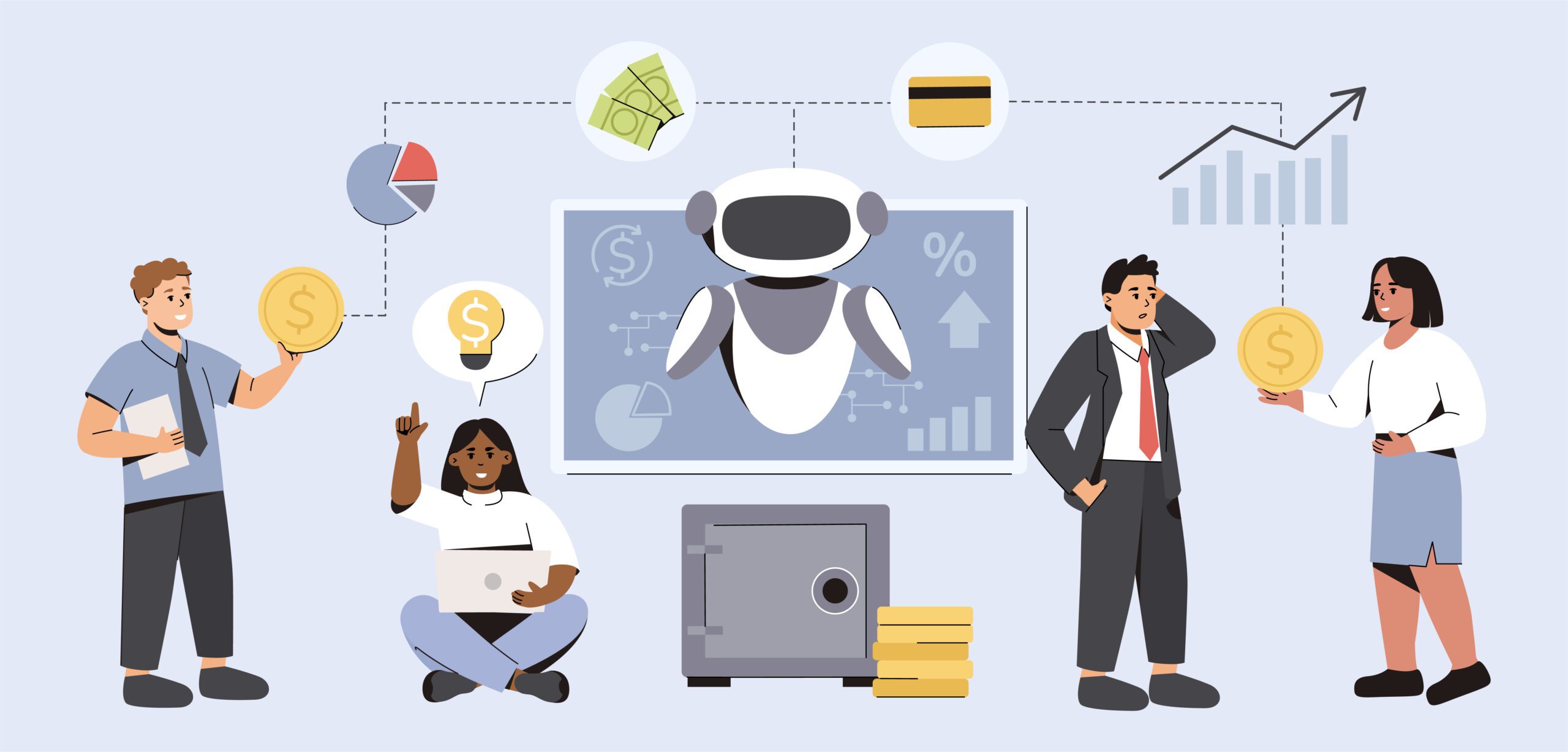How AI is Used in Business: Transforming Industries with Smart Technology
Artificial Intelligence (AI) is no longer a futuristic concept. It is now a powerful tool that businesses across the globe are using to improve efficiency, enhance customer experiences, and drive innovation. From automating repetitive tasks to predicting market trends, AI is transforming the way companies operate. Let’s explore how AI is being used in business and the impact it is creating.
AI in Customer Service
One of the most common uses of AI in business is in customer service. Companies are using AI-powered chatbots to provide instant support to customers. These chatbots can answer frequently asked questions, resolve issues, and even guide users through complex processes. For example, many e-commerce websites use chatbots to help customers track orders or recommend products.
AI also helps businesses analyze customer feedback. By using natural language processing (NLP), AI can understand customer reviews, emails, and social media comments. This allows companies to identify common issues and improve their services. For instance, a hotel chain might use AI to analyze guest reviews and discover that many guests complain about slow Wi-Fi. The hotel can then take steps to fix the problem.
AI doesn’t just improve customer service—it also reduces costs. By automating routine tasks, businesses can save money on staffing and focus on more complex issues. This makes AI a win-win for both companies and their customers.

AI in Marketing
Marketing is another area where AI is making a big impact. Businesses are using AI to create personalized marketing campaigns. For example, AI can analyze a customer’s browsing history and recommend products they are likely to buy. This not only increases sales but also improves customer satisfaction.
AI also helps businesses predict market trends. By analyzing large amounts of data, AI can identify patterns and make accurate forecasts. For instance, a fashion retailer might use AI to predict which colors or styles will be popular in the next season. This allows the retailer to stock the right products and avoid overstocking items that won’t sell.
Another way AI is used in marketing is through programmatic advertising. AI can automatically buy and place ads in real-time, targeting the right audience at the right time. This ensures that businesses get the most out of their advertising budget.
AI in Operations
AI is also transforming business operations. Many companies are using AI to automate repetitive tasks, such as data entry or inventory management. This not only saves time but also reduces the risk of human error. For example, a manufacturing company might use AI to monitor its production line and detect defects in real-time.
AI is also being used to optimize supply chains. By analyzing data from suppliers, warehouses, and transportation networks, AI can identify bottlenecks and suggest improvements. This helps businesses deliver products faster and at a lower cost.
In addition, AI is helping businesses make better decisions. For instance, a logistics company might use AI to analyze traffic patterns and find the most efficient delivery routes. This not only saves fuel but also ensures that packages are delivered on time.

AI in Finance
The finance industry is one of the biggest adopters of AI. Banks and financial institutions are using AI to improve accuracy and detect fraud. For example, AI can analyze transaction data and flag suspicious activities, such as unusual spending patterns. This helps prevent fraud and protect customers’ money.
AI is also being used to automate financial processes, such as loan approvals. By analyzing a customer’s credit history and financial data, AI can quickly determine whether they qualify for a loan. This not only speeds up the process but also reduces the risk of human error.
Another way AI is used in finance is through Robo-advisors. These are AI-powered tools that provide financial advice and manage investments. Robo-advisors analyze market trends and create personalized investment plans for customers. This makes investing more accessible and affordable for everyone.
AI in Human Resources
AI is also changing the way businesses manage their workforce. Many companies are using AI to simplify the recruitment process. For example, AI can analyze resumes and identify the most qualified candidates. This saves time and ensures that businesses hire the best talent.
AI is also being used to improve employee engagement. By analyzing data from employee surveys and performance reviews, AI can identify areas where employees need support. For instance, a company might use AI to discover that many employees feel overworked. The company can then take steps to reduce workloads and improve morale.
In addition, AI is helping businesses train their employees. For example, AI-powered platforms can create personalized training programs based on an employee’s skills and career goals. This ensures that employees receive the right training and can grow within the company.
AI in Product Development
AI is playing a key role in product development. Many companies are using AI to analyze customer feedback and identify areas for improvement. For example, a tech company might use AI to analyze user reviews and discover that customers want a longer battery life in their devices. The company can then focus on improving this feature in its next product.
AI is also being used to speed up the product development process. For instance, a car manufacturer might use AI to simulate crash tests. This allows the company to test different designs without building physical prototypes, saving time and money.
In addition, AI is helping businesses create innovative products. For example, a healthcare company might use AI to develop a new drug. By analyzing data from clinical trials, AI can identify the most effective treatments and speed up the development process.

AI in Sales
AI is also transforming the sales process. Many businesses are using AI to analyze customer data and identify potential leads. For example, AI can analyze a customer’s purchase history and predict which products they are likely to buy next. This allows sales teams to target the right customers with the right offers.
AI is also being used to improve customer relationships. For instance, AI can analyze customer interactions and identify areas where the sales team can improve. This helps businesses build stronger relationships with their customers and increase sales.
In addition, AI is helping businesses forecast sales. By analyzing historical data and market trends, AI can predict future sales with a high degree of accuracy. This allows businesses to plan their inventory and marketing campaigns more effectively.
FAQs About AI in Business
1. What is AI in business?
AI in business refers to the use of artificial intelligence technologies, such as machine learning and natural language processing, to improve efficiency, enhance customer experiences, and drive innovation.
2. How does AI improve customer service?
AI improves customer service by automating routine tasks, such as answering FAQs, and analyzing customer feedback to identify areas for improvement.
3. Can AI help businesses save money?
Yes, AI can help businesses save money by automating repetitive tasks, optimizing supply chains, and reducing the risk of human error.
4. What industries benefit the most from AI?
Industries such as finance, healthcare, retail, and manufacturing benefit the most from AI due to its ability to analyze large amounts of data and automate complex processes.
5. Is AI replacing human jobs?
While AI is automating some tasks, it is also creating new opportunities. Businesses are using AI to enhance human capabilities, not replace them.
Conclusion
AI is revolutionizing the way businesses operate. From improving customer service to driving innovation, AI is helping companies save time, reduce costs, and stay competitive. As AI technology continues to evolve, its impact on business will only grow. Businesses that embrace AI today will be better positioned to succeed in the future


